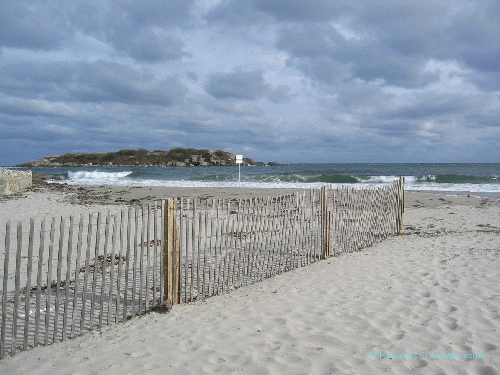A look at some of the key, generally-accepted components of the conservative id:
Conservatives see the world as a more threatening place because their brains predispose them to being fearful. They are also predisposed by brain biology to hating complexity and compromise. That would help to explain why politics can be so polarized, particularly in a rather conservative era like the present. [with citations]
[Researchers] report that conservatives possess a greater fear of crime, terrorism, and death and hold more prejudicial attitudes toward members of deviant (perceived) or stigmatized groups, at least in part because of their chronically elevated levels of threat. In this way, conservatism is understood as constituting a broadly motivated social belief that operates to manage uncertainty, control a sense of threat, and exert mastery over fear.
Specifically, [the need for closure] fosters the tendency to seize on information that affords closure and to freeze on closure once it has been attained. The need for closure, whether varied situationally or measured dispositionally, has been associated with tendencies to engage in social stereotyping ... to resist persuasive influence ... and to reject opinion deviates.*
The researchers found that being intolerant of ambiguity is associated with such conservative characteristics as unwavering certainty and strong loyalty to particular people and positions.
Conservatives don't feel the need to jump through complex, intellectual hoops in order to understand or justify some of their positions. They are more comfortable seeing and stating things in black and white, the researchers concluded....
Someone with a high need for closure tends to seize on a piece of information that dispels doubt or ambiguity, and then freeze, refusing to consider new information. Those who have this trait can also be expected to spend less time processing information than those who are driven by different motivations, such as achieving accuracy.
These characteristics are further anchored by the Right's inclination to accept current policies and practices as acceptable and necessary, adverse consequences to some notwithstanding. Some are lucky, some ... not so much, but that's life!
It is otherwise too disconcerting [no doubt for those on the Left as well] to be constantly subjected to reassessments and re-defining the political, economic, and cultural standards which serve as the foundation for daily living. Those on the Left, however, are not so wedded to tradition that they are unwilling to seek change whenever and wherever circumstances suggest the need.
It would be much easier and certainly more comforting if the complexities of modern society and the needs, perspectives, and values of so many different others weren't factored into the mix. But simplistic decision-making carries a host of risks. Making things worse later for more of us isn't exactly an ideal worth pursuing.
Harmful as it appears to be, there's a certain logic to all of this if we understand the aversion to/fear of change as being one of the core foundations of conservatism. Regardless of the changes being proposed or imposed, the comfort of the familiar resonates more deeply with those inclined to conservative thought and principles. That assessment is a vital bottom-line consideration for those on the Right, adverse impacts notwithstanding.
In the normal course of our day, we'll use a variety of mental, emotional, and psychological shortcuts to avoid getting bogged down in the minutiae of daily occurrences. No one needs to spend a moment considering their value or disputing the rationales in those instances. Reliance on those tactics gets us through most of our days.
But there is a much greater concern when employing these strategies for matters involving competing interests; differing perspectives and needs; different levels of understanding, etc. In almost any matter of national significance relating to culture, religion, politics, economics, and a host of interrelated issues, taking the short road from Point A to Point B carries many more risks than most would realize.
Boiling down the climate change debate; or the rights of same-sex couples; or income equality, or Take-Your-Pick-Of-Issues to one or two handy cheat-sheet talking points may appeal to those in need of prompt closure. But we usually ignore reality and the full range of perspectives and facts to our eventual detriment. Is that wise?
The flip side is that it then becomes all too easy to get bogged down in the individual details, quickly losing sight of what's most important. But if that full array of information and considerations are not even brought to the table to help decision-makers and/or to inform the public, what exactly is the benefit--or expectation?
In a world ever-more complex and interconnected by the day, can we afford shortcuts surely destined to make things worse for more of us?
(Note: You can view every article as one long page if you sign up as an Advocate Member, or higher).






